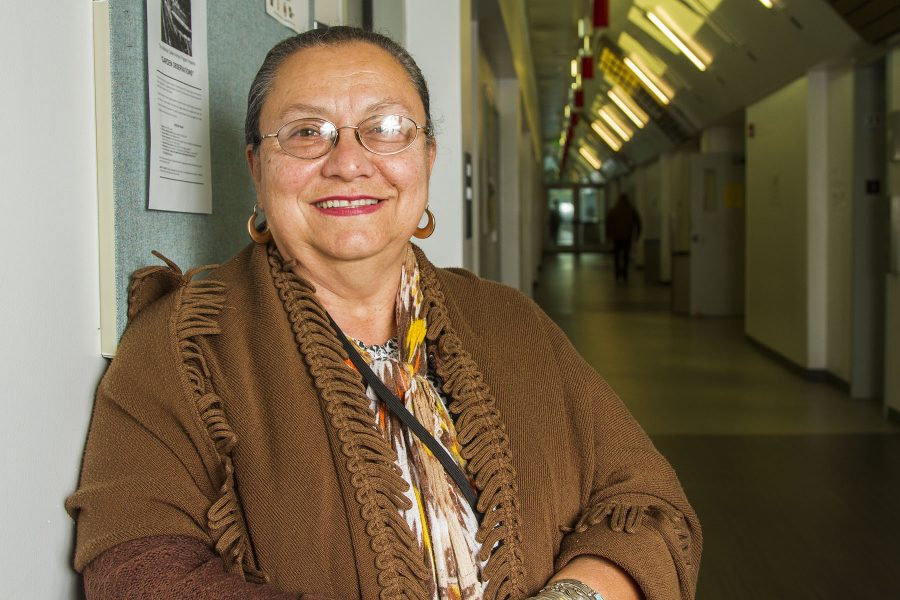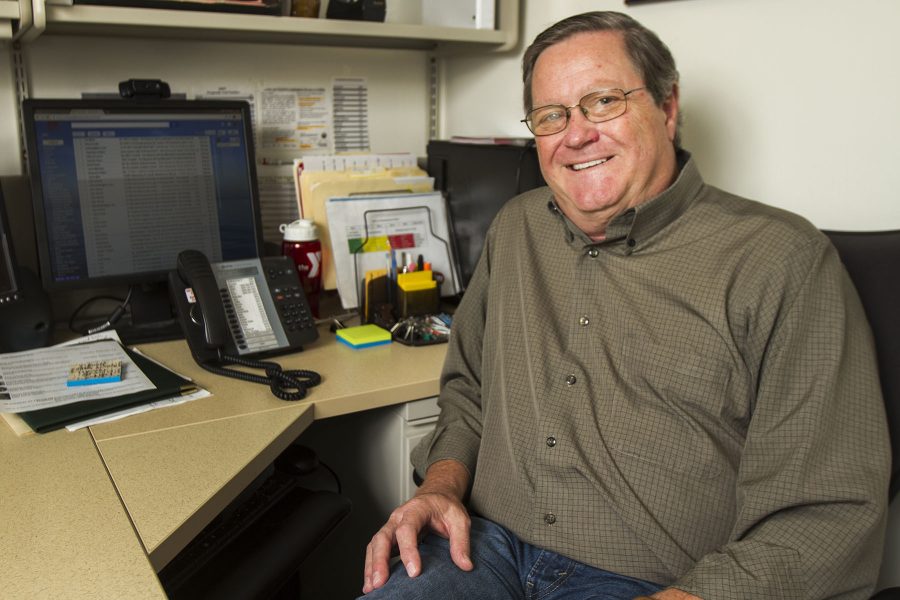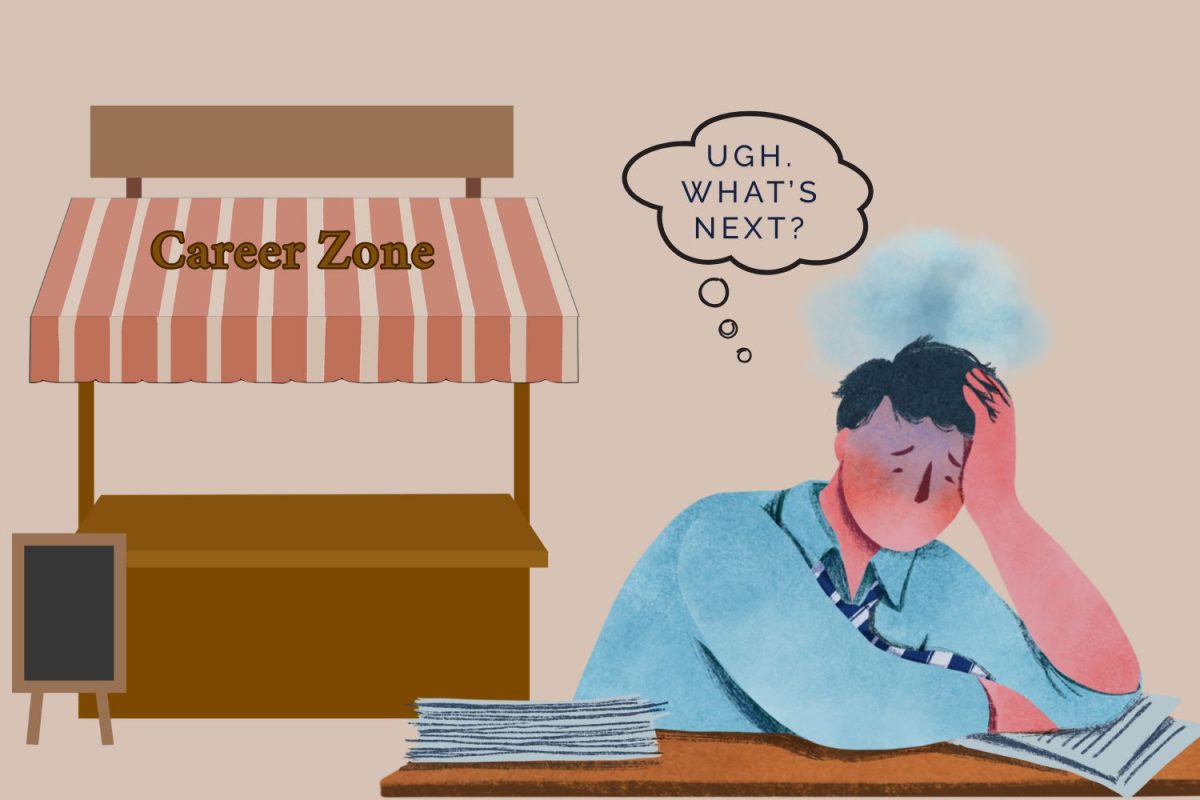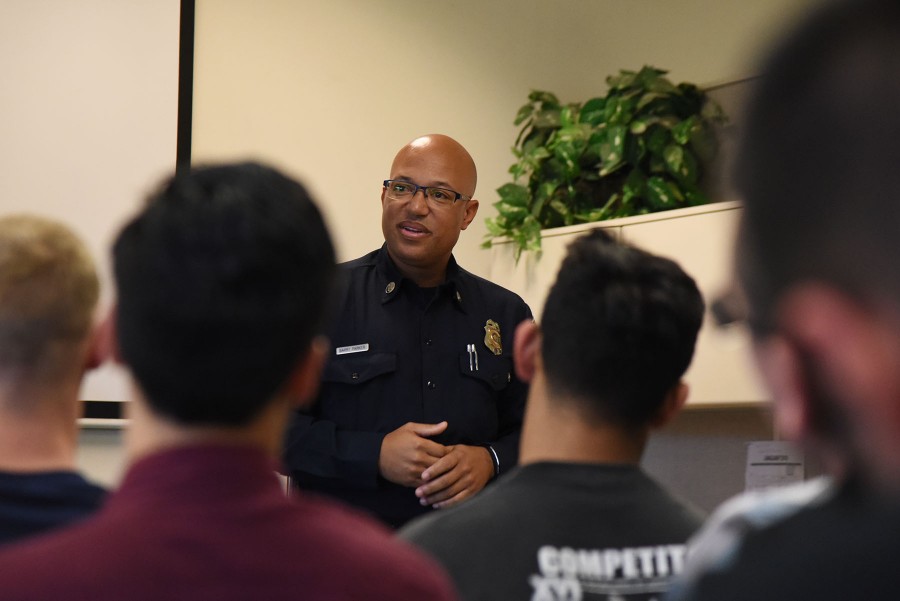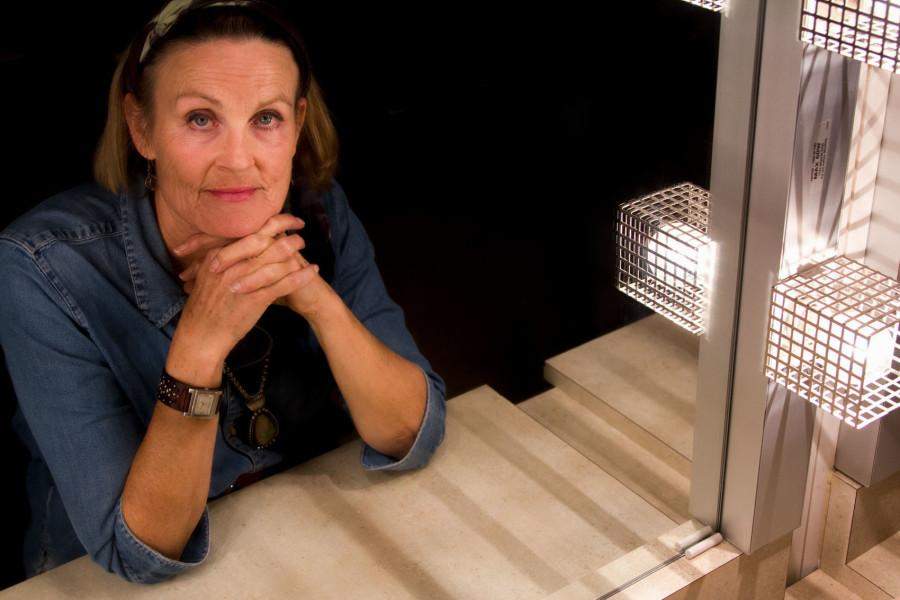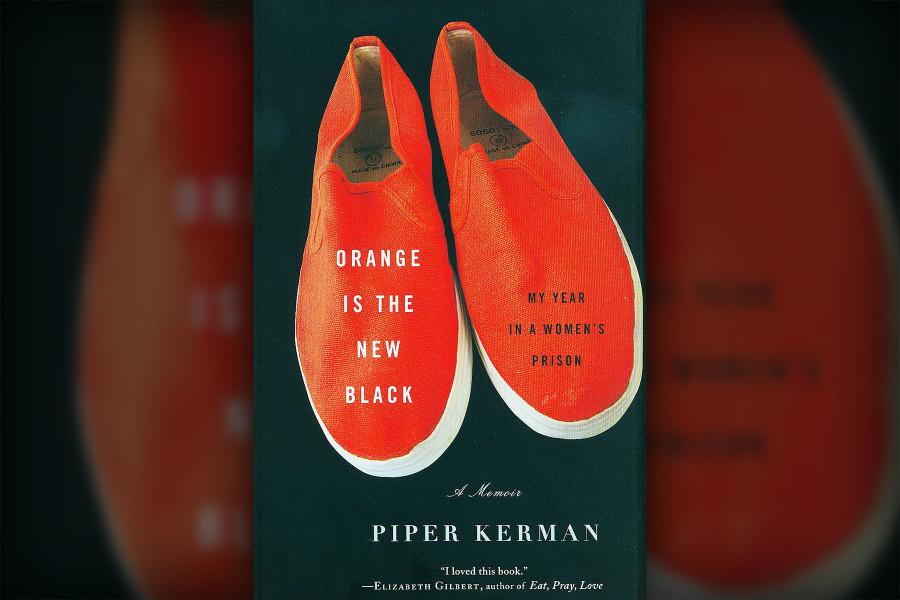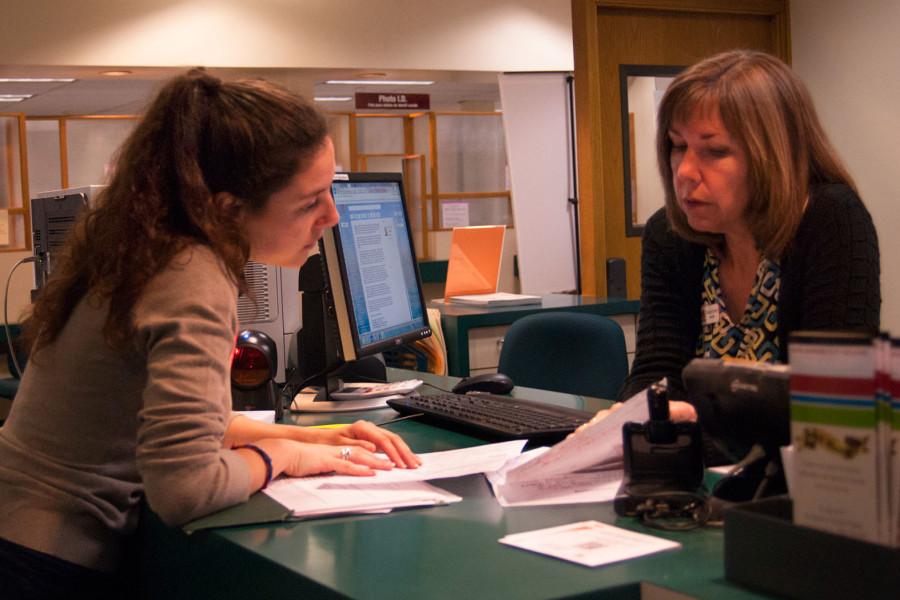People may doubt how getting a college degree might be important when joining law enforcement, but professionals in the justice system believe that education is a step in the right direction.
Students and staff gathered April 13 in the Earth and Biological Sciences Building Room 301 to participate in the panel “How I Made It: Administration of Justice.” The event was hosted by the Career Center and the justice studies department.
“Law is an incredible way of healing society,” said Deedra Edgar, Santa Barbara deputy public defender and a panelist at the event. “Doctors heal bodies and lawyers heal society.”
Anne Redding, associate professor at City College, introduced eight speakers throughout the panel. The panelists included justice studies professor Dr. Tom Mahoney, who has been teaching for 18 years.
“Be persistent when joining the law enforcement,” Mahoney said. “If you want to be a member, sometimes you gotta try again and again.”
The other six panelists included sergeant Shawn Hill, FBI agent David Cloney, Santa Barbara district attorney Joyce Dudley, probation officer Erin Cross, correctional officer Saul Lopez from the jail division and forensic psychologist Dr. Kristine Jacquin.
Agent David Cloney, who works for the Ventura FBI office, also recommends to not give up when getting rejected.
Cloney was rejected at 26 years old when he first applied to be an FBI agent and wasn’t called again by a recruiter until he was 36 years old. The youngest you can be to join the FBI is 23 and the oldest is 37; Cloney had just made it in.
“I never wake up not wanting to go to work,” Cloney said. “There’s so much satisfaction in what all of us do in the law enforcement community. It’s incredible.”
Some qualifications needed to become an FBI agent include a four-year degree and a foreign language. Any three-year work experience is also required along with a physical fitness test. Cloney described working with agents that were once waiters, bartenders and even ministers.
According to the Bureau of Labor Statistics, the annual salary pay of criminal investigators is about $78,000 and hourly pay ranges around $49.
“I get to make a difference in [people’s] lives,” said Dudley, when expressing how she feels about her career. “I get goosebumps even when I say that.”
Jacquin is also an instructor at City College who teaches crime and human behavior and specializes in forensic neuropsychology and clinical psychology. She also participates in three out of four career areas in forensic psychology that include researching, teaching and practicing the subject.
To become a forensic psychologist, you must have a doctorate in clinical psychology. Those with master’s may only teach the subject and assist with research or practice.
The annual salary ranges from $60,000 to $85,000 depending on the career area that is chosen.
The panelists all shared one thing in common: they all stressed the importance of maintaining a clean background.
“Don’t do anything that might disqualify you,” Mahoney said. “Consider [to] start doing legal activities from now on cause somebody always knows somebody else.”


